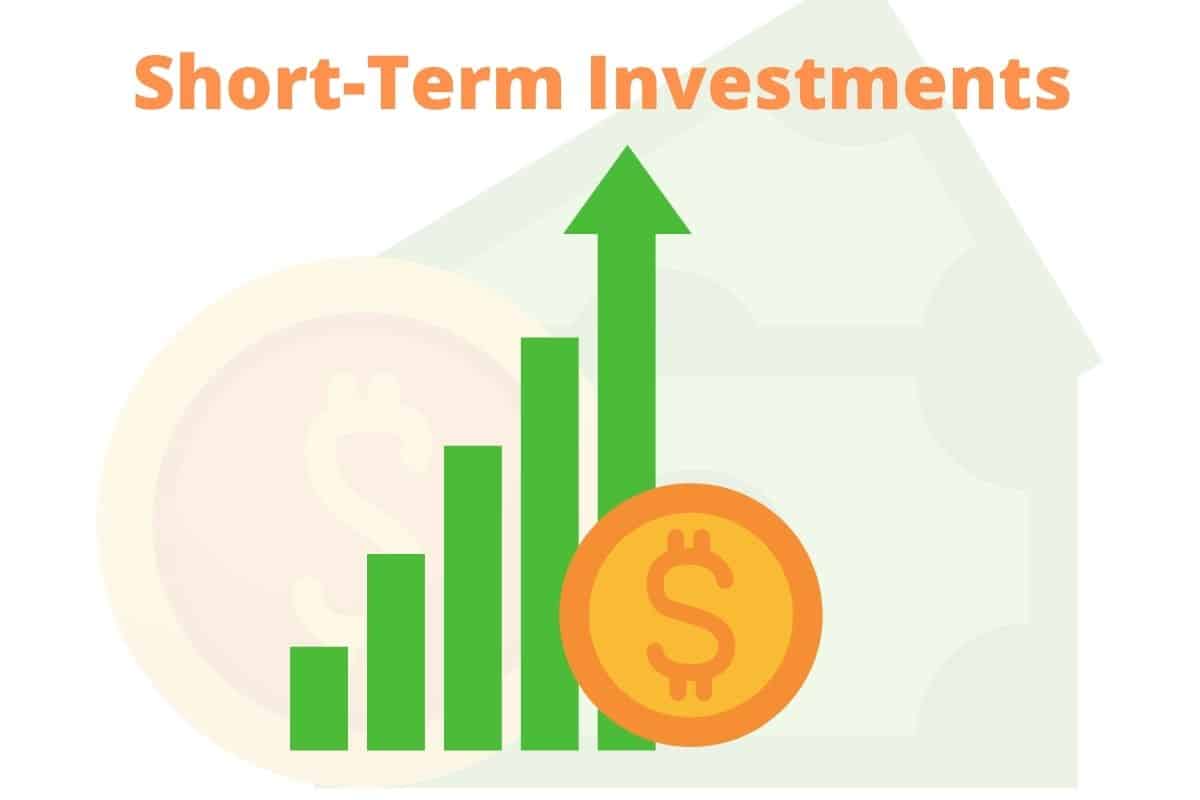If you’ve heard about debt investment, then you need to learn about secured bonds. A secured bond is a type of bond where the issuer provides assets as collateral for the bond.
Is this a type of investment you should venture into? We can’t say at this point. However, we can provide you with the necessary details you need to make such a decision
As you read through this article, you’d discover what secure bonds are and what it means for your business.
Let’s get started with the basics.
What is a Secured Bond?
A secured bond is a type of bond in which the issuer of the bond provides a specific asset as collateral for the bond and offers a lower interest rate than unsecured bonds.
If there is a default, secured bondholders need not worry because the issuer will have to transfer the title of the collateralized asset to the bondholder.
Secured bonds include Mortgage-Backed Securities (MBS) and Collateralized Debt Obligation (CDO).
According to Investopedia, A secured bond is a type of investment in debt that is secured by a specific asset owned by the issuer. The asset serves as loan collateral. The title to the asset is transferred to bondholders if the issuer defaults on the bond.
Secured bonds can also be secured by a revenue stream generated by the project that the bond issue was used to fund. Secured bonds are considered less risky than unsecured bonds because investors are at least partially compensated for their investment if the issuer defaults.
READ MORE: SURETY BONDS: What is Surety Bonds(+US Practices)
How Secured Bonds Work
The limited or negligible risk for the principal repayment: As a collateralized asset backs the bonds, the bondholder’s principle can be repaid in case of default by selling an asset.
Firms can avail of tax benefits during purchase and evade property tax on assets leased in case of ETC deals.
An investor gets show bonds as long-term investments and gets tax shields significantly on their regular income. Coupon payments or interest payments will generate cash flow (yearly/quarterly/monthly) for the investor.
Buying secured bonds backed by revenue streams will generate cash flow for investors upon the efficient execution of projects.
Investors can pledge the bonds to raise money for banks or trade bonds in markets and benefit from trades.
Firms can use secured bonds to raise extra capital in case if need be. Firms can lower the monthly repayment overheads by spreading them for a longer period of time. Convertible debt is a type of debt instrument that can be converted at the company’s discretion into equity shares.
It is hybrid security since it combines debt and equity features and provides additional benefits to the holder.
READ ALSO: CFD Trading: Beginners Guide to the Best CFD Trading Platforms (Top 5 picks)
Types of Secured Bonds
Types of secured bonds include mortgage bonds, equipment trust certificates, and secured bonds by Municipalities. They may be collateralized by assets such as property, equipment, or an income stream.
#1. Mortgage Bonds
Mortgage bonds are typically backed by real estate or tangible property such as machinery. If a default occurs, mortgage bondholders can sell the underlying pledged property and be compensated for the amount invested.
Additionally, ownership of the asset shifts to bondholders in the event of a default. Mortgage bonds have a lower rate of return than corporate bonds because they are safer (no collateral).
READ ALSO: BUSINESS DEPOSIT ACCOUNTS: List of the Best Deposit Accounts in 2021 (Updated)
#2. Equipment Trust Certificate (ETC)
Equipment Trust Certificates are debt instruments that allow the issuing company to take possession and use an asset while repaying bondholders over time.
The asset, without a doubt, belongs to the bondholders, but the company can use it and generate income from it. Investors provide capital by purchasing certificates, which in turn assist firms in purchasing assets and leasing them to them for operations.
If the borrower meets the lender’s payment requirements, ownership is transferred to the borrower. In the event of a default, the lenders have the authority to decide what should be done with the assets.
Firms do not have to pay property taxes on assets because they have simply leased them from investors, increasing their operational profitability. These debentures are commonly seen in the airline and shipping industries (also with railway cars).
#3. Secured Bonds by Municipalities
Municipalities can raise funds from investors by issuing these secured bonds for a specific project.
The bonds are backed by the expected revenue from that specific project. Municipalities present the repayment strategy or plan to investors after disclosing the project’s details and anticipated revenue. These bonds can be purchased based on investors’ trust in the projects.
READ MORE: Alternative Investments: Beginners Guide to the Investment Options
Secured Bonds vs Unsecured Bonds
Bonds, which represent the issuer’s promise to make scheduled interest and principal repayments to the buyer, can be secured or unsecured. And each of these bond types presents different opportunities and challenges to the buyer.
Secured Bonds
Secured bonds are ones that are collateralized by an asset, such as real estate or equipment (particularly for airlines, railroads, and transportation businesses), or by another source of revenue.
Mortgage-backed securities (MBS) are an example of a single bond type that is secured by both the borrowers’ physical assets, such as the titles to their homes and the income stream from the borrowers’ mortgage payments.
The purpose of collateralizing a bond is that if the issuer defaults and fails to make interest or principal payments, the investors have a claim on the issuer’s assets that will enable them to recover their money back.
This claim on the borrower’s assets, however, may sometimes be challenged, or an asset sale may not result in enough to pay back investors fully.
In both scenarios, bondholders are likely to receive only a fraction of their investment back after a period of time ranging from weeks to years.
Secured bonds are typically issued by corporations and municipalities. However, many business bonds are unsecured.
Unsecured bonds are sometimes referred to as general obligation bonds in the case of municipals because they are backed by the municipality’s extensive taxation capacity.
Secured bonds, on the other hand, are “revenue” bonds, which are bonds that are backed by the money expected to be generated by a given project.
READ MORE: Trade Finance: Overview, Definition, Course, Examples
Unsecured Bonds
Unsecured bonds are not secured by a specific asset, but rather by the issuer’s “full faith and credit.”
In other words, the investor has a pledge to repay from the issuer but no claim on specific collateral.
However, this does not have to be a terrible thing. U.S. Treasuries, which are widely regarded as the lowest risk investment in the world in terms of default risk, are all unsecured bonds.
A reputable corporation with a good credit rating should issue an unsecured bond with the goal of getting money from investors.
After examining the company’s capacity to meet financial obligations, an impartial body, usually a credit rating agency, provides a credit rating.
Owners of unsecured bonds have a claim on the assets of the defaulted issuer, but only after investors with higher-ranking securities are paid first.
If Widget Corp issued both unsecured and secured bonds and later declared bankruptcy, the holders of the secured bonds will be paid first.
Secured debt takes precedence over unsecured debt. If the bond issuer defaults, the bondholder cannot recoup the value of the investment in an unsecured bond.
As a result of the lack of collateral and the high-interest payments, these are highly hazardous products as compared to secured bonds.
READ MORE: Asset Allocation: Beginner’s Guide to the Investing Strategies (+Examples)
Why bonds are secured?
Bonds that are backed by an asset class are referred to as “secured bonds.” Bonds are referred to as collateralized if they are secured, which means there is collateral supporting the loan. Liquid stocks or movable property like machinery, equipment, or real estate can serve as collateral.
What are secured bonds called?
A secured bond is one that has been issued using collateral as a form of security and comes with a lower interest rate. The most secure sort of bond investment is in secured bonds. Mortgage bonds are another name for secured bonds because that is what is used to describe the bond’s connected collateral.
What are secured and unsecured bonds?
There is no collateral to support unsecured debt. Unsecured loans are funded by lenders entirely based on the borrower’s creditworthiness and promise to repay. Secured debts are obligations for which the borrower pledges a valuable item as security or collateral.
What are secured bonds accounting?
A financial instrument that is supported by assets is referred to as a secured bond. Bondholders will acquire ownership of the underlying assets if the issuer is unable to make bond payments. Real estate and production machinery are two examples of these assets.
How do you tell if a bond is secured?
A bond is referred to be a “secured bond” if an asset class is used to support it. The type of assets supporting this bond may be tangible, such as real estate, equipment, or plants, or they may be liquid, such as stocks.
What are the different types of bonds?
There are four different types of bonds that can be categorized: corporate, municipal, government, and agency bonds.
What type of bond is unsecured?
Debentures, commonly known as unsecured bonds, are securities that are not secured by property, business assets, or revenue. The issuer assures them that they will be paid back instead. This pledge is commonly referred to as having “full faith and credit.”
Bottom Line
I hope this article serves as a guide to what a secured bond is all about. If you have any questions or suggestions, kindly let me know in the comments section.
All the best!






